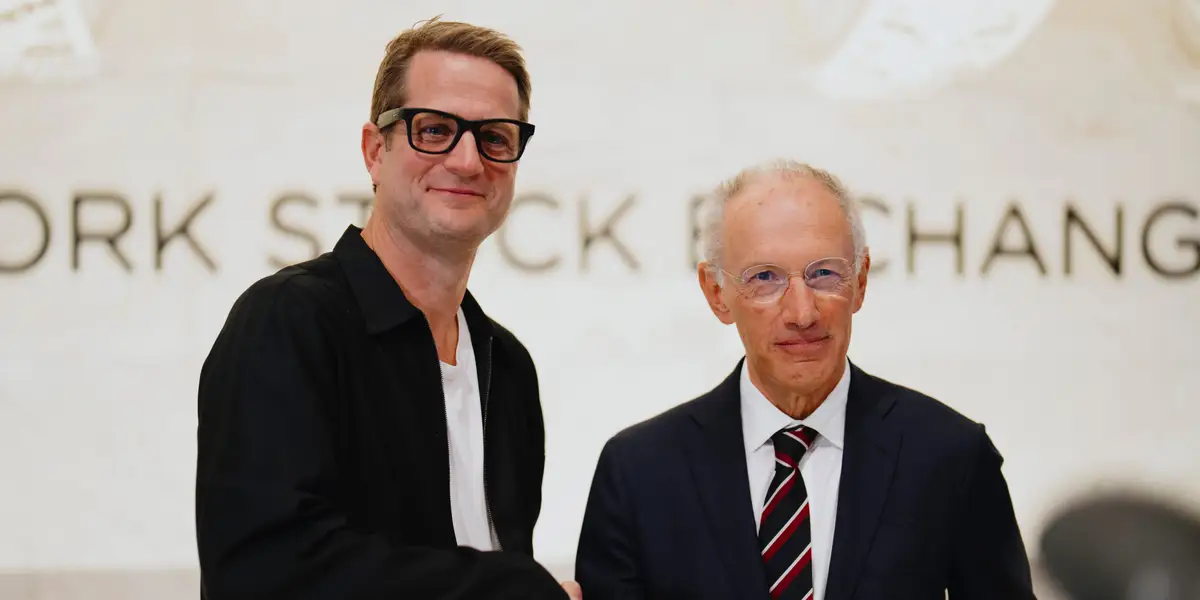
At Klarna’s big employee conference last week in Stockholm, CEO Sebastian Siemiatkowski swapped spreadsheets for a rap performance and then confronted a sobering reality. Even as Klarna basks in its $15 billion IPO, chairman Michael Moritz warned staff of a rival: “We are 10 years behind Revolut.”
The Swedish fintech gathered about 3,000 employees in Stockholm for the convention, which featured keynote speeches, workshops, and team-building activities aimed at celebrating the company’s recent milestones and boosting employee engagement.
Siemiatkowski kicked off its “Smoooth week” with a lip-sync performance of a rap about Klarna, according to two current employees who spoke on condition of anonymity since they were not authorized to speak publicly.
The Klarna chief also spoke about the company’s recent IPO milestone and the flood of congratulatory messages he had received. Among them was a stark text message from chairman Michael Moritz, which was displayed on a screen at the venue in Stockholm.
According to a photo of the displayed message seen by Business Insider, Moritz told Siemiatkowski, “Sebastian. As we celebrate 20 years, we need to remember we are 10 years behind Revolut.”
Klarna declined to comment.
Founded in 2015, Revolut is a British neo-bank with over 52 million customers. What started as a prepaid foreign exchange card has rapidly grown into a wide-ranging financial platform, covering everything from banking and savings to investing, crypto, insurance, and business accounts. The company is now working toward its goal of becoming a full-service global bank.
Related stories
Business Insider tells the innovative stories you want to know
Business Insider tells the innovative stories you want to know
While Klarna is a licensed bank in Sweden, its activities are largely limited to payments and short-term lending. But it launched a US debit card pilot in June to venture into traditional banking and lay the foundation for its “super app” ambitions.
Klarna now has about 111 million users, and the vast majority of its business comes from the merchant-funded zero-percent interest financing it offers customers, Siemiatkowski told CNBC earlier this month. He also noted that Klarna sees a significant opportunity to disrupt the US credit card market.
Klarna went public on the New York Stock Exchange earlier this month, raising about $1.37 billion. The offering valued the Swedish fintech at $15 billion.



